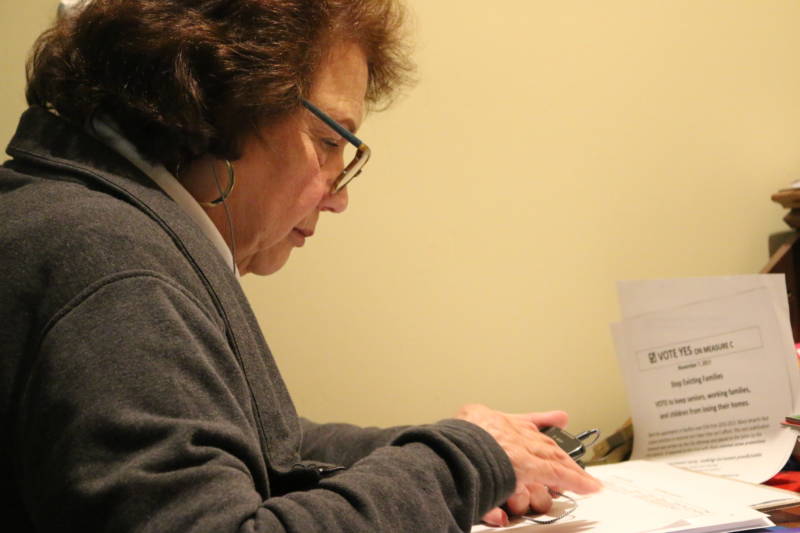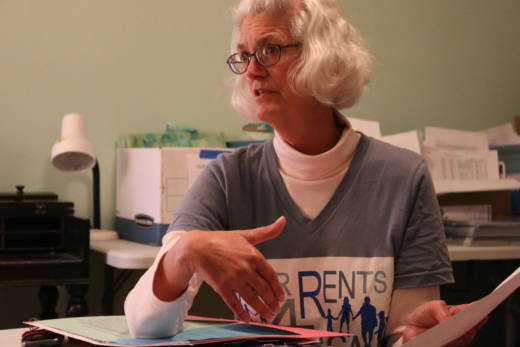"Our measure is much more moderate than any others," said Thursday Roberts, a volunteer for Fair Rents 4 Pacifica. "We thought it would be more palatable."
Pacifica represents the smallest Bay Area city that has put a rent stabilization measure on the ballot in recent years. The city's population is around 40,000 and about a third of households are renters. That number could play a role in whether Measure C is passed.
Neither Burlingame nor San Mateo, two other San Mateo County cities, passed rent stabilization measures last year, and nearly 50 percent of residents are renters in either city.
Earlier this year, the City Council voted to put rent stabilization and just cause evictions on the ballot, and the council passed a moratorium on rent increases until the election.
But with the help of the California Apartment Association, which opposes rent stabilization, a referendum petition stopped the moratorium on rent increases from happening.
The San Mateo District Attorney's Office is currently investigating allegations that signature-gatherers misled people into signing the petition, although the investigation won't impact the results of the election.
Renters groups have been largely outspent by the opposition. Fair Rents 4 Pacifica has raised around $50,000 according to the last city filing. The main opposition group has raised more than $300,000, led by the San Mateo County Association of Realtors.
One consistent opponent of Measure C is Mayor Mike O'Neill, who signed the argument against it. O'Neill is a homeowner who says the government should not interfere in the relationship between a tenant and landlord. Yet he knows that could result in displacement for some.
"It's a conundrum," he said.
O'Neill is concerned that Measure C will end up costing the city too much money and has called it a hidden tax. But supporters say even the city's website dispels that rumor. The rent program will be funded by a $19 monthly fee that can be passed down to renters.
The question that people are deciding for themselves: Is rent stabilization fair?
More than a dozen California cities have similar laws on the books. In the last election, two of five cities with renter-backed measures passed them. Santa Rosa failed to pass a measure earlier this year.
When asked whether O'Neill would fight for rent stabilization if he were a renter, he paused and said, "It would probably depend on what kind of landlord I had."
A majority vote is needed for Measure C to pass.

